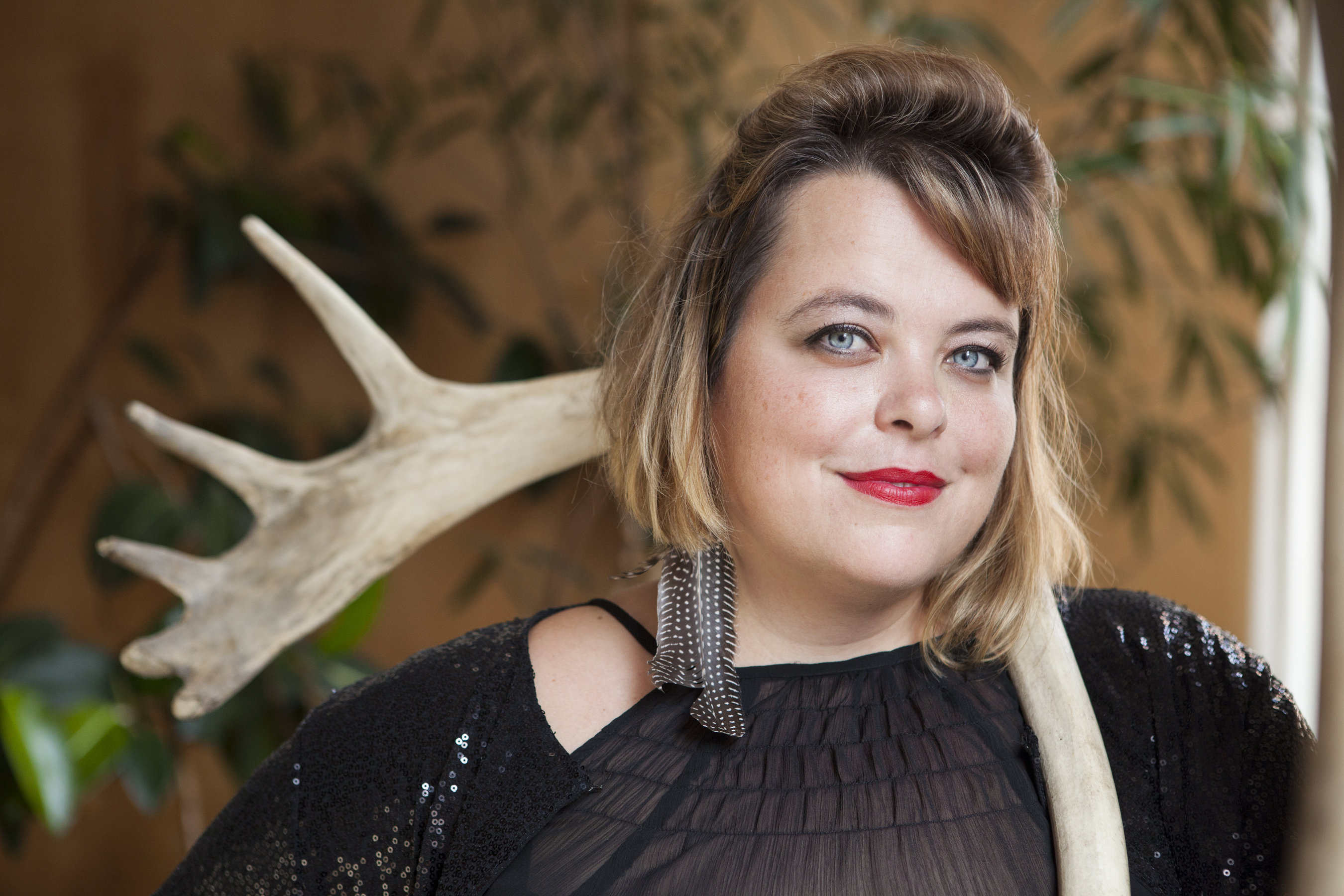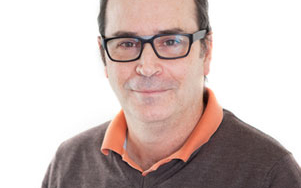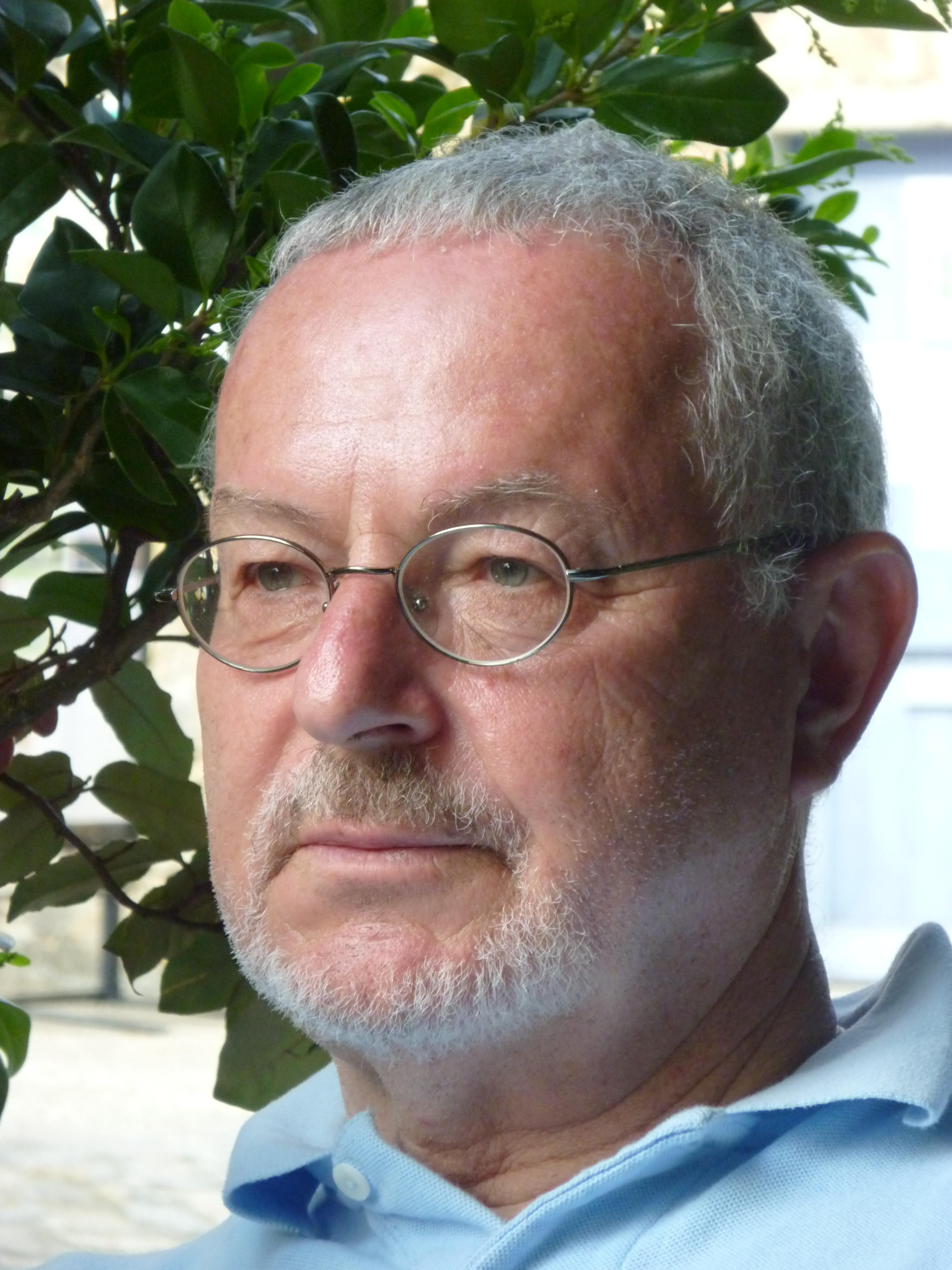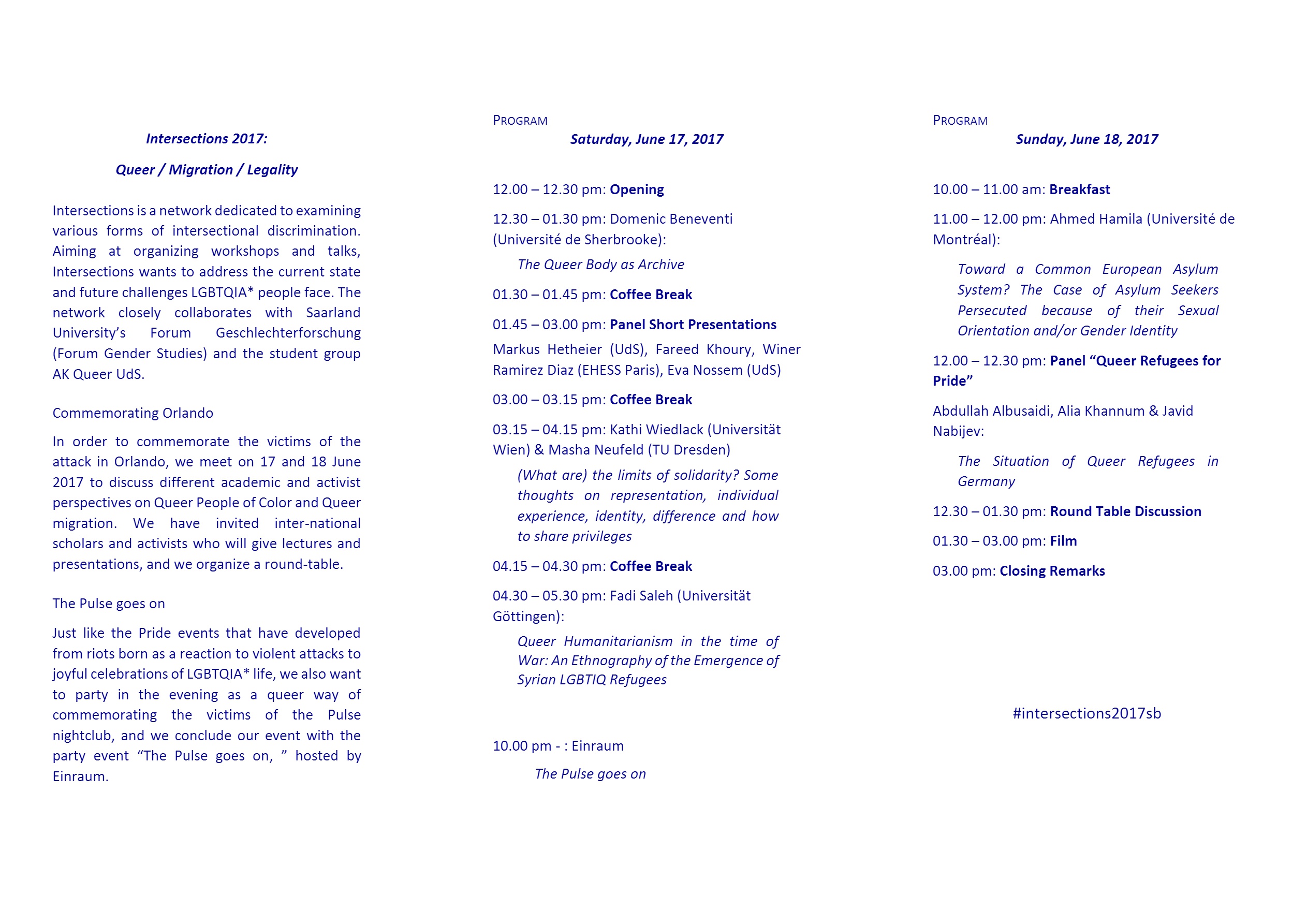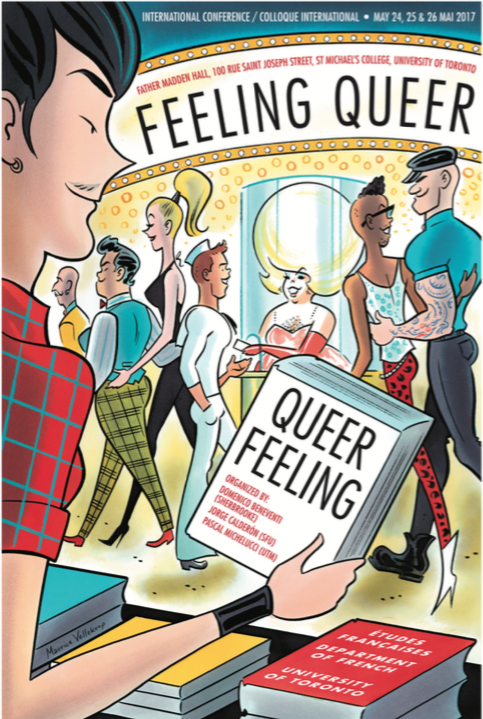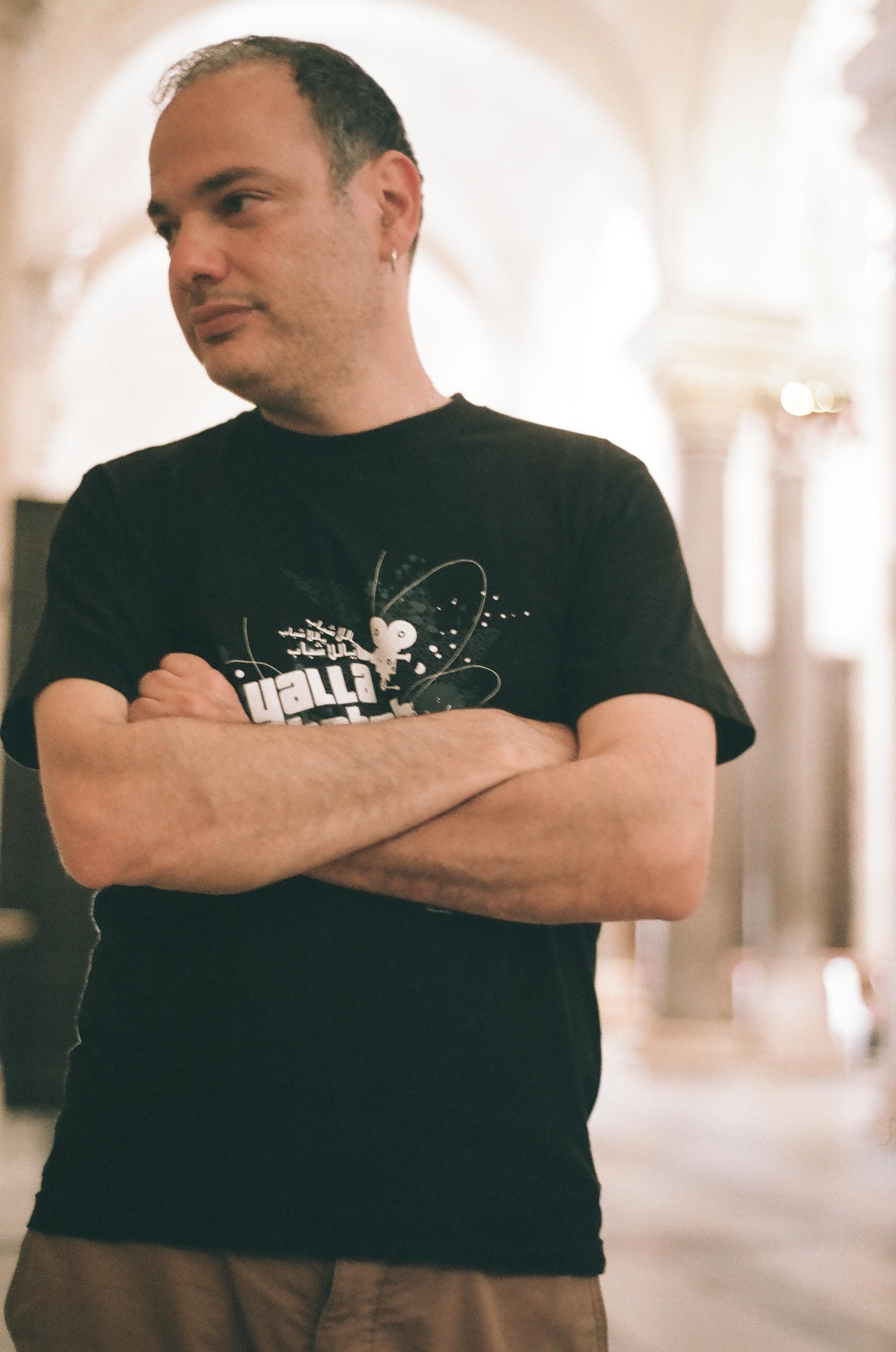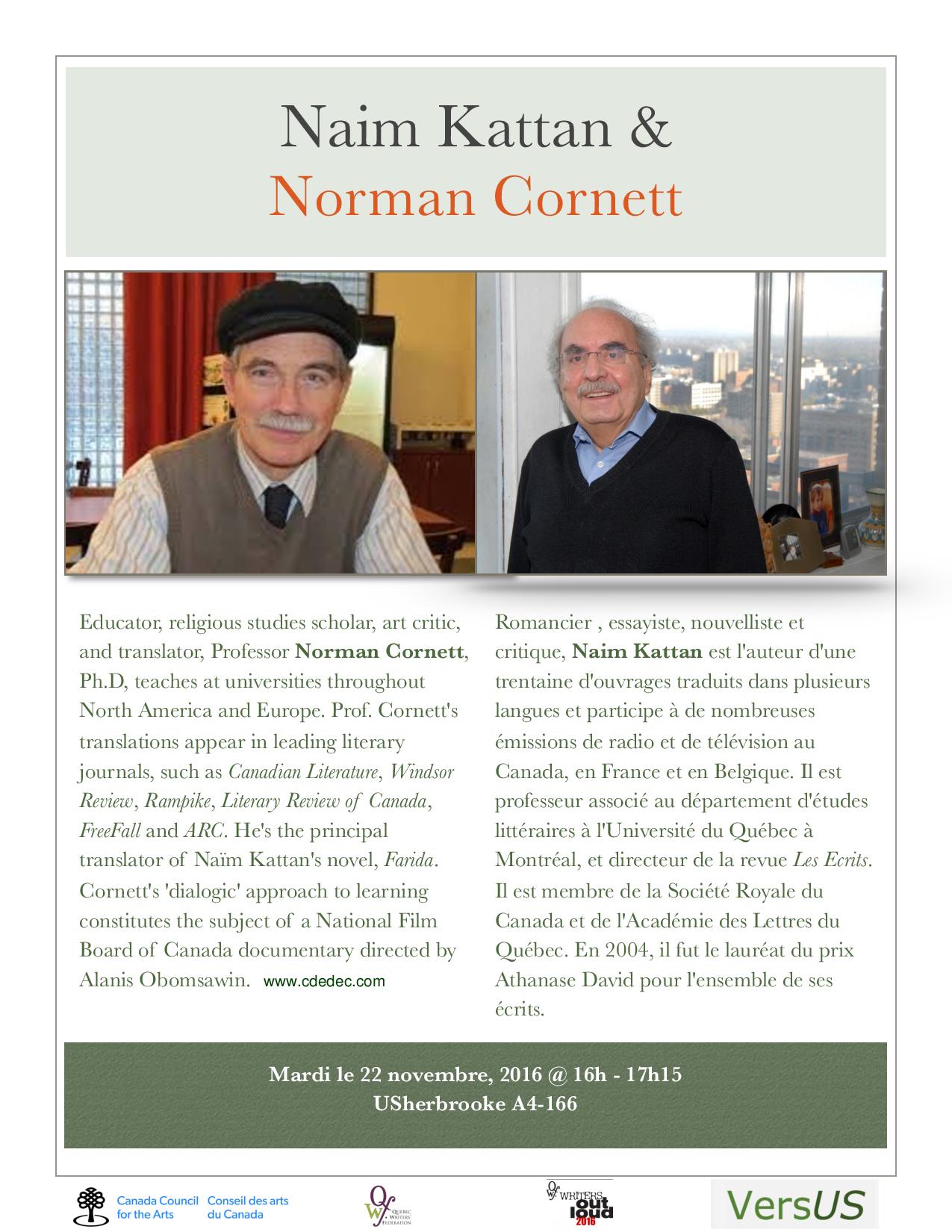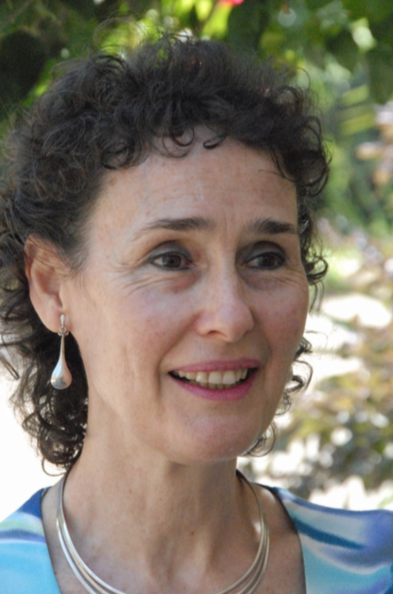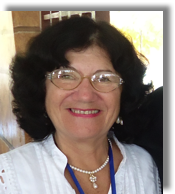
DATE: Jeudi 29 septembre, 2016 @ 16h
PLACE: A4-348, Université de Sherbrooke
The Role of Culture in the Cuban Education System
Dr. Vilma Paéz Pérez, Professor of English, Holguín, Cuba
- Title: The role of Culture in the Cuban Education System
Education is one of the key pillars of the Cuban society. It has been a highly ranked system for many years, widely recognized for its quality and good results. In spite of the economic difficulties the country has faced for more than half a century, priority has always been given to education and health care.
What has allowed Cuba’s education system to perform so well, even under the severe resource constraints, is the continuity in its education strategies, and an inclusive and carefully structured system, whose main aim is the comprehensive formation of the students at all levels. For that purpose, developing in the students a sense of belonging to a culture and inculcating national values in their behavior is a way to ensure the quality in their formation, so that the model of an educated society we have set out to create, can be achieved as a reality of Martí’s maxim that there is no possible equality without equality of culture.
In this talk we will examine the political, pedagogical and sociological foundations of the Cuban Educational System, its accomplishments over the last 55 years; the principles underlying the educational policy of the Cuban government as well as the changes that are currently being made with the participation of administrators, principals, teachers, students and other social agents, to continuously raise the quality of its results.
- Teacher Training and Teacher development in Cuba, a history of challenges and commitment.
The teaching profession is one that entails challenges and hard work but also growth, joy, and fulfillment. Nevertheless, everywhere in the world, most teachers complain that they are asked to work too much and that they are underpaid. Cuba is not an exception, being a teacher in Cuba is very demanding and requires that one is really committed to do a good job.
The beginning of a new academic year is a great celebration in Cuba. This year, with almost two million children and youth being welcomed in classrooms across the country, in 10,600 educational institutions, with enrollment increasing slightly in elementary schools, we are facing a shortage of qualified teachers in some educational levels.
A recurring theme during meetings held with the Education authorities was the attention and motivation provided to teaching staff and the role of pedagogical high schools in guaranteeing teacher coverage at the primary and preschool levels, in special education, and in training English teachers for elementary schools, with a view toward transforming instruction of this language at all educational levels.
Quality teachers need to have formal training, dedicate time to prepare lessons and goals for students and foster a learning environment that can inspire students to want to learn. With this aim in mind, new teacher training schools has been opened in the country making a total of 24 institutions of this kind, where 21,000 students are enrolled.
Education of teachers is a strong priority in Cuba, and teacher preparation programs are set in accordance to the changes the education system undergoes. There is a wide range of teacher training schools and university programs to train teachers for all educational levels all over the country. It is also important to ensure continuing education programs. There are two areas that seek professional development: professional enhancement and graduate academic programs.
The way this teacher training and development is organized, conducted and evaluated is presented in this talk.
Dr. Vilma Páez Perez earned her Bachelor of Education with concentration in English, at the Instituto Superior Pedagogical Holguín, her Master of Science of Education and a PhD in Educational Sciences. She works at the Holguín University as Professor and Dean of the Facultad de Humanidades. Her accomplishments include the publication of over twenty articles on the teaching of foreign languages as well as writing dictionaries and manuals.
Teaching English to Medical Students in Cuba
Dr. Salvador Escalante Batista, English Professor, School of Medical Sciences, Holguín, Cuba
Medical students have to pass all the subjects included in a 6-year academic Syllabus. These students should master English not only for deeper knowledge of all the areas of medicine, but also because they are also trained to provide medical assistance abroad and English is practically a lingua franca in all the countries where they are supposed to work, except in those where Spanish, French, Arabic or Portuguese is the first language spoken. English has to be taken by medical students during the first 5 years of their university studies. This talk gives a general idea of the characteristics of the subjects within English that are taught at medical universities in Cuba.
